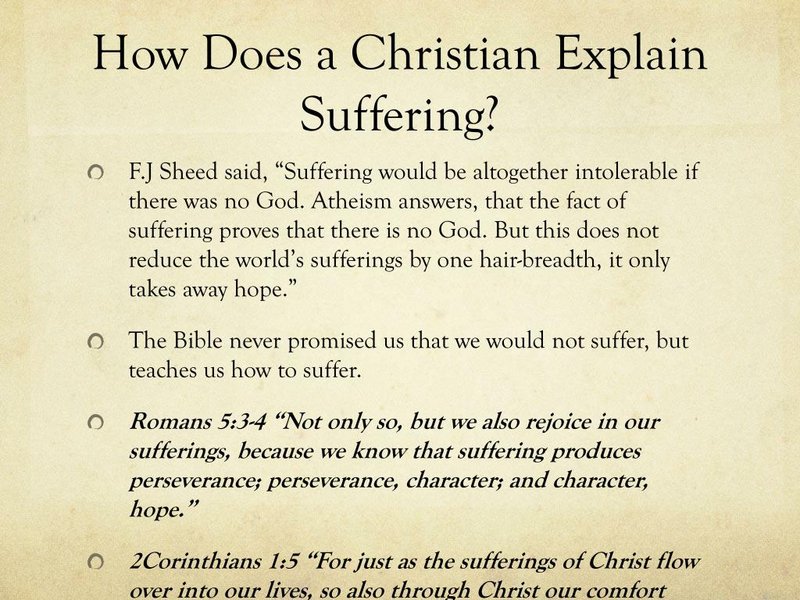· Quick Answers · 5 min read
Christianity's Response to Hot Topics: Climate Change, Faith in Politics, LGBTQ+ Inclusion, AI Impact, Evolution vs. Creation
Discover Christianity's stance on hot topics like climate change, faith in politics, LGBTQ+ inclusion, AI impact, and the Evolution vs. Creation debate in this insightful article. Explore how Christian beliefs intersect with these pressing issues.

Christianity’s Response to Hot Topics: Climate Change, Faith in Politics, LGBTQ+ Inclusion, AI Impact, Evolution vs. Creation
Introduction
In today’s ever-changing world, Christianity faces numerous hot topics that require thoughtful consideration and a faithful response. This article will explore Christianity’s response to five significant issues: climate change, faith in politics, LGBTQ+ inclusion, the impact of artificial intelligence (AI), and the ongoing debates surrounding evolution versus creation. By delving into these topics, we can gain a deeper understanding of how Christianity grapples with these challenges while upholding its core values.
Climate Change and Christianity
Climate change is a pressing global issue that demands attention from people of all faiths. For Christians, the response to climate change is twofold. Firstly, there is a need to address it as individuals, recognizing our responsibility as caretakers of God’s creation. Secondly, there is a collective response required as people committed to the belief in a creator God. Many Christian communities have taken up the call to action by advocating for sustainable practices and working towards reducing their carbon footprint. The Bible encourages stewardship of the Earth, and Christians can draw upon this principle to guide their response to climate change.
According to a study published in Taylor & Francis Online, people of faith face a double challenge with climate change. They must respond as individuals to a complex environmental crisis while also remaining committed to their theological views. It is essential for Christians to engage in conversations about climate change within their faith communities and work towards practical solutions that align with their beliefs.
Faith in Politics: Navigating the Intersection
The intersection of faith and politics is a topic that often sparks debate among Christians. Some argue for a separation between church and state, while others believe that faith should play an active role in shaping political decisions. Christians who advocate for faith in politics often base their stance on the belief that their faith should inform their values and guide their actions in all areas of life.
According to NPR, faith communities hold diverse perspectives on issues such as LGBTQ+ rights, the Equality Act, and climate change. While some churches and denominations support progressive policies, others align with more conservative viewpoints. The key lies in respectful dialogue and understanding different perspectives within the Christian community. Christians should seek to engage in political discussions with humility, love, and a commitment to justice.
LGBTQ+ Inclusion and Christianity
The conversation surrounding LGBTQ+ inclusion in Christianity has been a contentious one. While some denominations have embraced LGBTQ+ individuals and affirmed their identities within the church, others maintain more traditional interpretations of scripture that emphasize heterosexual relationships. Progressive Christian faith communities have a particular responsibility to support and protect the dignity and integrity of LGBTQ+ people, as stated in an article on LGBTQ+ inclusion published by Progressive Voices of Faith.
However, it is important to note that not all Christians agree on this issue. Some argue that biblical teachings prohibit same-sex relationships, while others interpret scripture in a more inclusive manner. The ongoing conversations within Christian communities highlight the need for compassion, empathy, and a commitment to love our neighbors regardless of sexual orientation or gender identity.
AI Impact on Christianity
As artificial intelligence continues to advance, Christians are grappling with the ethical implications and potential impact on faith and spirituality. AI technologies raise questions about human uniqueness, moral agency, and the boundaries between the natural and the artificial. Some Christians embrace AI as a tool that can enhance their understanding of God’s creation and aid in theological exploration.
According to an article on AI and faith by FaithTech, Christians can approach AI with both caution and curiosity. They can use AI technologies to expand their knowledge of scripture, engage in theological discussions, and reach out to others with the message of God’s love. However, it is crucial for Christians to remain vigilant about potential ethical concerns and ensure that AI advancements align with their values and principles.
Evolution vs. Creation: A Continuing Dialogue
The debate between evolution and creation is an ongoing conversation within Christianity. While some Christians believe in a literal interpretation of the creation story in Genesis, others see it as a metaphorical or symbolic account. The relationship between science and faith is complex, and Christians approach this topic from various perspectives.
According to an article on Christianity, creation, and the climate crisis, it is crucial to recognize that science and faith can coexist harmoniously. Many Christians embrace the concept of “theistic evolution,” which combines the understanding of evolution with the belief in God as the ultimate creator. They view scientific discoveries as a way to further appreciate the intricacies of God’s creation. Ultimately, Christians should approach the evolution versus creation debate with an open mind, recognizing that both faith and scientific inquiry have valuable contributions to offer.
Conclusion
Christianity’s response to hot topics such as climate change, faith in politics, LGBTQ+ inclusion, AI impact, and the evolution versus creation debate is diverse and nuanced. Christians navigate these issues by drawing upon their faith, engaging in respectful dialogue, and seeking guidance from scripture. Understanding the different perspectives within Christianity allows for a more comprehensive and compassionate approach to these complex topics. As Christians grapple with these challenges, it is important to remember the central message of love, justice, and a commitment to caring for God’s creation and all people.



